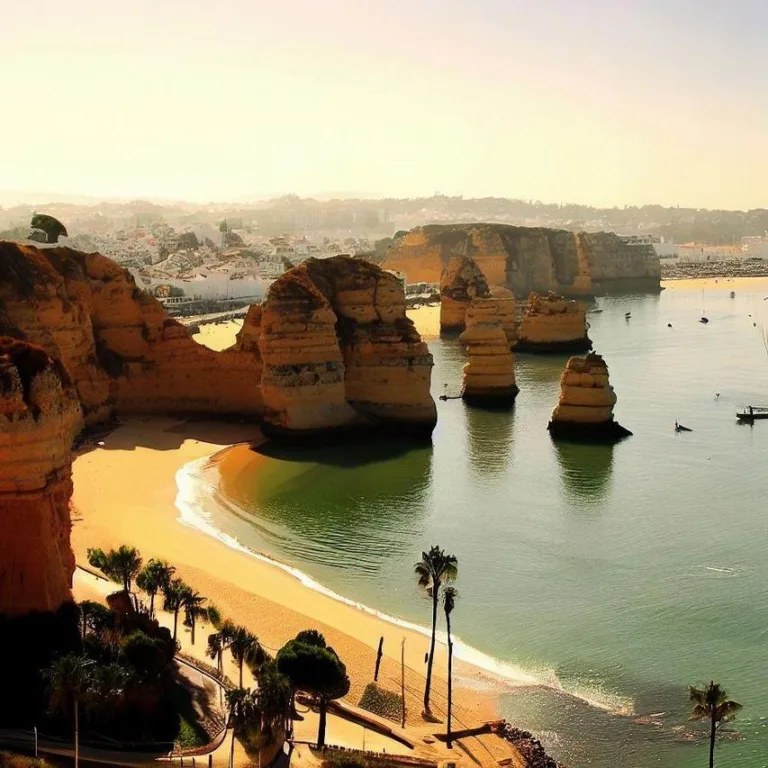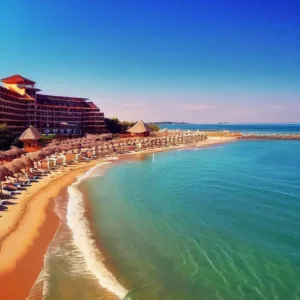Welcome to the bustling metropolis of Lagos, Nigeria. This remarkable city is a melting pot of cultures, traditions, and experiences that come together to create a unique and vibrant atmosphere. In this article, we will delve into the rich tapestry of Lagos, exploring its history, culture, and attractions that make it a must-visit destination.
The history of lagos
Lagos has a storied history that dates back centuries. It was originally inhabited by the Awori people before becoming a hub for trade and commerce. Portuguese explorers arrived in the 15th century, marking the city’s first contact with Europeans. Over time, Lagos became a major center for the transatlantic slave trade, leaving a profound impact on its history and culture.
During the 19th century, Lagos was colonized by the British, and it eventually became the capital of Nigeria. Independence was achieved in 1960, and Lagos continued to grow as a key economic and cultural hub in Africa.
Cultural diversity
Lagos is renowned for its cultural diversity. With over 250 ethnic groups in Nigeria, the city serves as a microcosm of the nation’s multiculturalism. The Yoruba, Igbo, and Hausa-Fulani are some of the prominent ethnic groups in Lagos, each contributing to the city’s vibrant tapestry.
One of the best ways to experience Lagos‘ cultural richness is through its festivals and traditions. The Eyo Festival, for example, is a colorful and lively event celebrated by the Yoruba people. It showcases traditional attire, music, and dance, providing a glimpse into the city’s heritage.
Attractions in lagos
Lagos offers a plethora of attractions that cater to various interests. Whether you’re a history enthusiast, nature lover, or a foodie, there’s something for everyone to enjoy.
1. National Museum Lagos
This museum houses a vast collection of Nigerian art, artifacts, and historical relics. It’s a treasure trove of the nation’s history and is a must-visit for anyone interested in Nigerian culture.
2. Lekki Conservation Centre
Nature enthusiasts will be captivated by the Lekki Conservation Centre. It’s a sprawling nature reserve with a canopy walkway that offers breathtaking views of the surrounding landscape. It’s an excellent spot for birdwatching and connecting with nature.
3. Cuisine Delights
Lagos is a food lover’s paradise. From street vendors serving mouthwatering suya (grilled skewered meat) to upscale restaurants offering a fusion of Nigerian and international cuisine, the city’s culinary scene is diverse and delectable.
Frequently Asked Questions (FAQs)
Q1: What is the best time to visit Lagos?
A1: The best time to visit Lagos is during the dry season, which typically runs from November to March. The weather is pleasant, and outdoor activities can be enjoyed without interruption.
Q2: Is Lagos a safe city for tourists?
A2: Like any major city, Lagos has its share of safety concerns. It’s advisable to take precautions, such as avoiding poorly lit areas at night and safeguarding your belongings. However, with common-sense measures, many tourists visit Lagos without incident.
Q3: What is the official language in Lagos?
A3: The official language of Lagos, and Nigeria as a whole, is English. However, you will also hear various Nigerian languages spoken by the diverse population.
As you plan your visit to Lagos, keep in mind that this city’s charm lies in its diversity, history, and the warmth of its people. It’s a place where tradition meets modernity, and where you can immerse yourself in the rich culture of Nigeria. Lagos is more than just a city; it’s an experience waiting to be explored.
Viz také:






